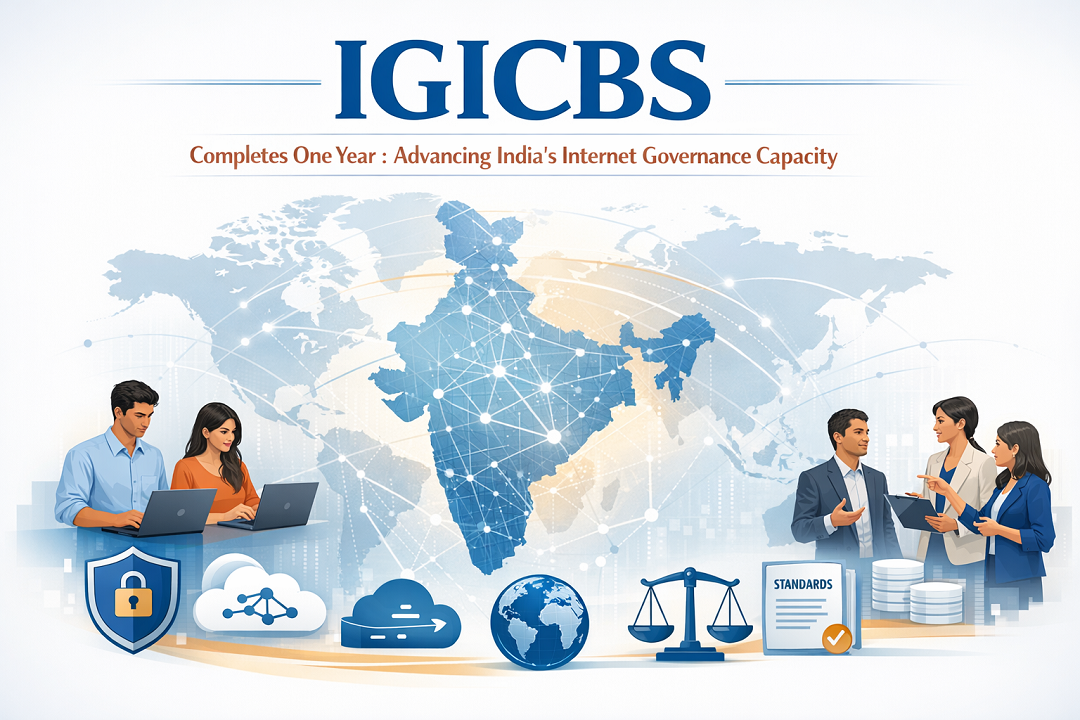Context
Plastic pollution has become a global ecological crisis, with plastic waste projected to triple by 2060 to 1.2 billion tonnes. The persistence of plastics in the environment, their contribution to climate change, and their impact on human health and biodiversity make this one of the most pressing sustainability challenges of the 21st century.
Scale of the Crisis
- Explosive Growth: Global plastic production more than doubled between 2000–2019, reaching 460 million tonnes, largely due to packaging and fast consumption.
- Low Recycling Rate: Only 9% of plastic is recycled, while the rest leaks into landfills, rivers, and dumps.
- Marine Catastrophe: Around 11 million tonnes of plastic enter oceans annually, endangering marine species and contaminating the food chain.
- Microplastic Spread: Plastics break down into micro and nano particles, infiltrating air, soil, water, and even human lungs and blood.
- Future Outlook: OECD projects that global plastic waste will nearly triple by 2060, overwhelming waste systems worldwide.
Problems of Plastic Pollution
- Persistence: Plastics take centuries to decompose, leading to permanent accumulation.
- Climate Impact: Plastic production and incineration account for 3.4% of global greenhouse gas (GHG) emissions.
- Biodiversity Threat: Sea turtles, fish, and seabirds ingest plastic, causing starvation, poisoning, and reproductive harm.
- Human Health Risks: Plastics release carcinogens and endocrine disruptors into food and water, affecting fertility, immunity, and metabolism.
- Economic Burden: Marine plastic pollution costs around $13 billion annually, impacting fisheries, shipping, and tourism.
Global Initiatives
- UNEA-5 Treaty (2022): 193 nations agreed to negotiate a legally binding treaty to end plastic pollution by 2024.
- SDG Alignment: Reduction of plastics supports SDG-12 (sustainable consumption), SDG-13 (climate action), SDG-14 (life below water).
- Circular Economy Push: Campaigns worldwide encourage reuse, redesign, and recycling to cut down virgin plastic use.
Indian Initiatives
- Plastic Waste Management Rules (2016 & 2022): Ban on selected single-use plastics and introduction of Extended Producer Responsibility (EPR).
- Swachh Bharat Mission 2.0: Focus on 100% door-to-door collection, segregation, and processing.
- Plastic Roads: Over 1.2 lakh km of Indian roads use waste plastic, improving durability and reducing bitumen use.
Role of Stakeholders
Individuals
- Refuse single-use plastics: Avoid bags, straws, bottles.
- Segregate waste: Ensure wet-dry segregation for efficient recycling.
- Conscious consumerism: Prefer eco-friendly packaging and EPR-compliant brands.
Communities & Society
- Clean-up drives: Organise collective clean-ups of beaches, rivers, and parks.
- Plastic banks: Create return centres offering incentives for plastic collection.
- PPP collaboration: Engage NGOs and private recyclers in waste management.
Governments
- Strict legislation: Enforce bans and penalties for illegal plastic use.
- EPR enforcement: Compel industries to take back packaging and meet recycling targets.
- Tax and incentives: Impose landfill taxes while subsidising eco-friendly R&D and alternatives.
Way Forward
- Adopt 6Rs: Refuse, Reduce, Reuse, Recycle, Recover, and Redesign.
- Promote circular economy: Encourage product designs that ensure reuse and recyclability.
- Boost R&D: Invest in bio-based and compostable plastics and advanced recycling technologies.
- Decentralised waste management: Strengthen panchayats and ULBs with funds and autonomy.
- Behavioural shift: Use media, campaigns, and influencers to make sustainable lifestyles aspirational.
Conclusion
Plastic pollution is a man-made ecological disaster that threatens climate, biodiversity, human health, and economies. Tackling it requires a multi-level strategy: governments must enforce stringent policies, industries must adopt responsible innovation, and citizens must practice sustainable choices. A plastic-free future is not only an environmental necessity but also vital for sustainable development and ecological justice.
Source : The Hindu



